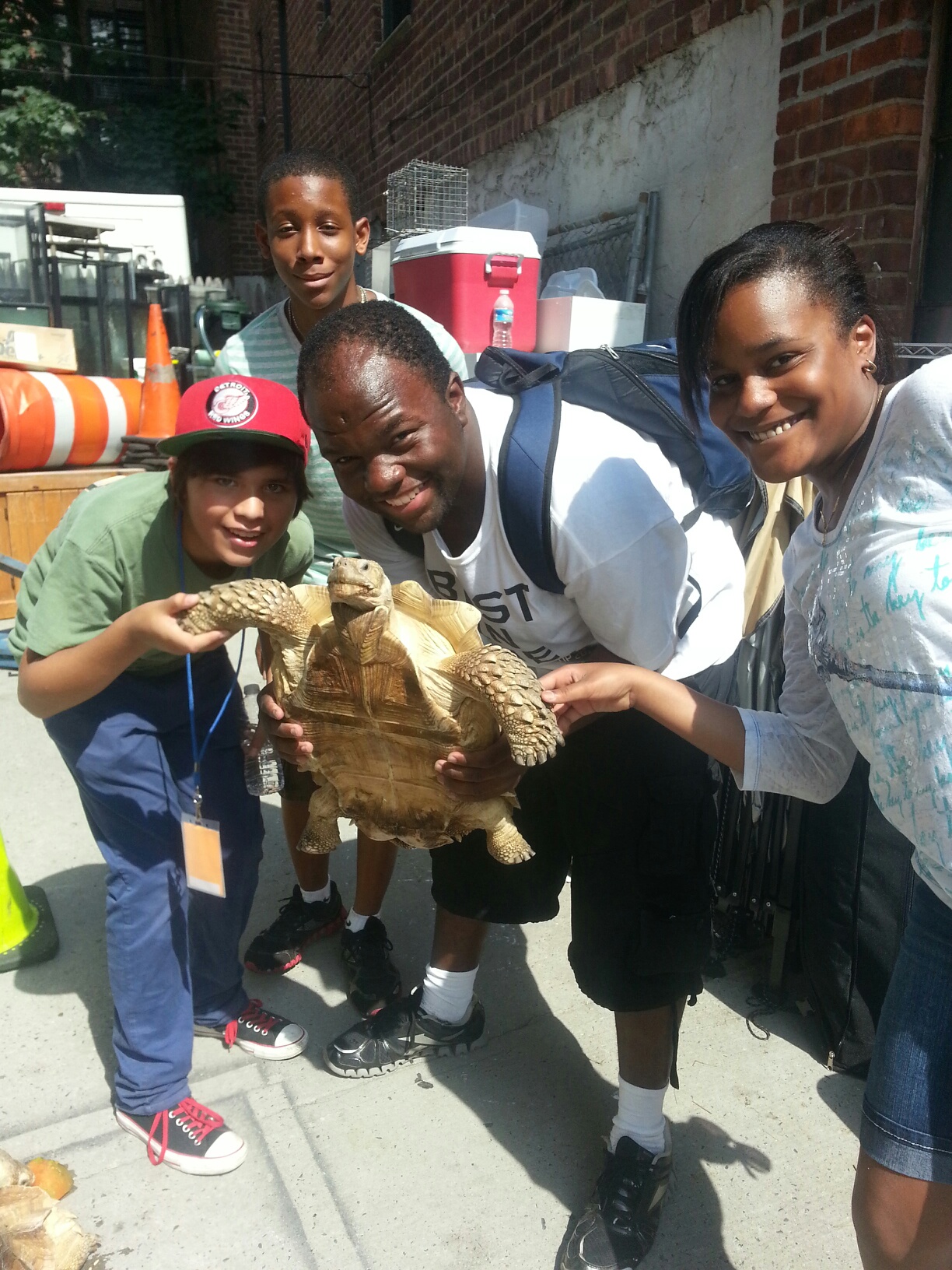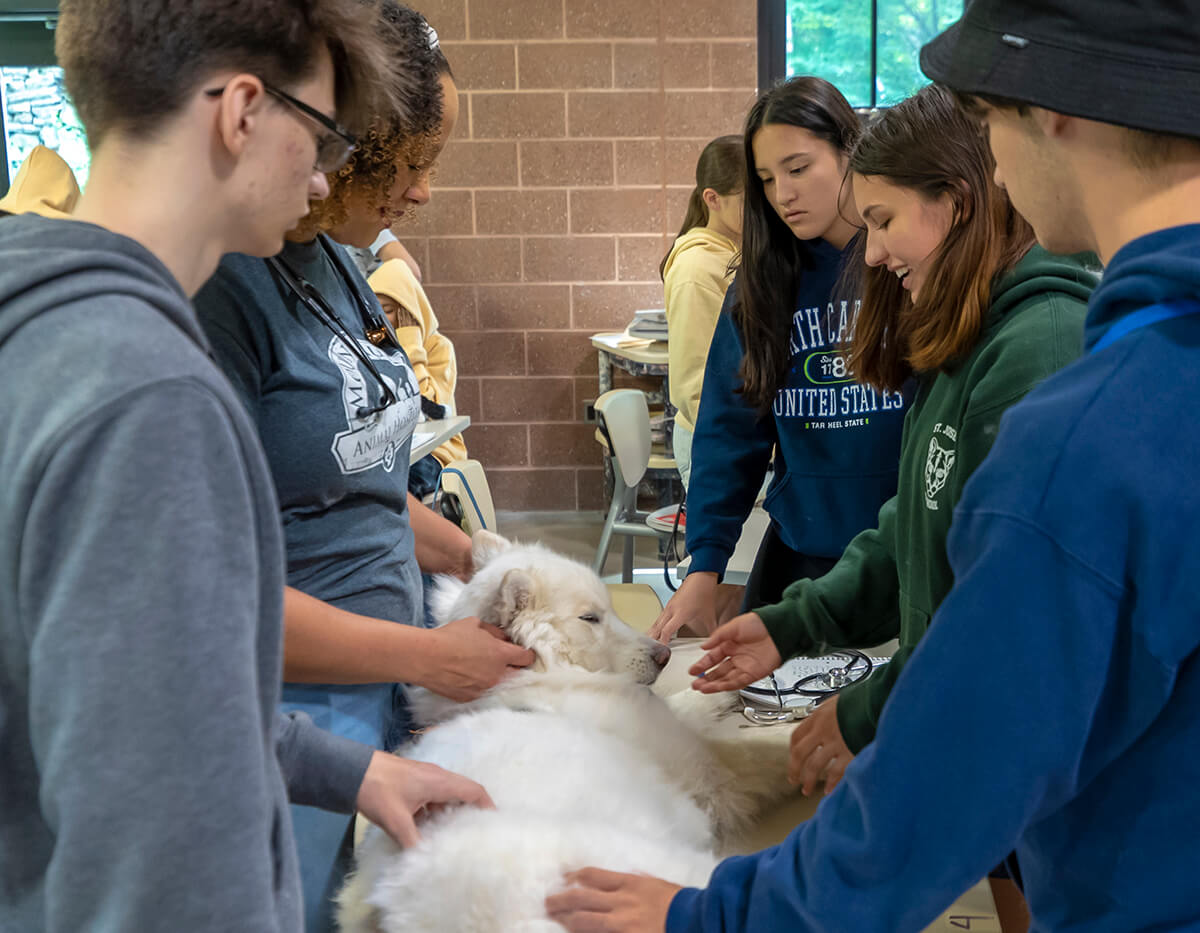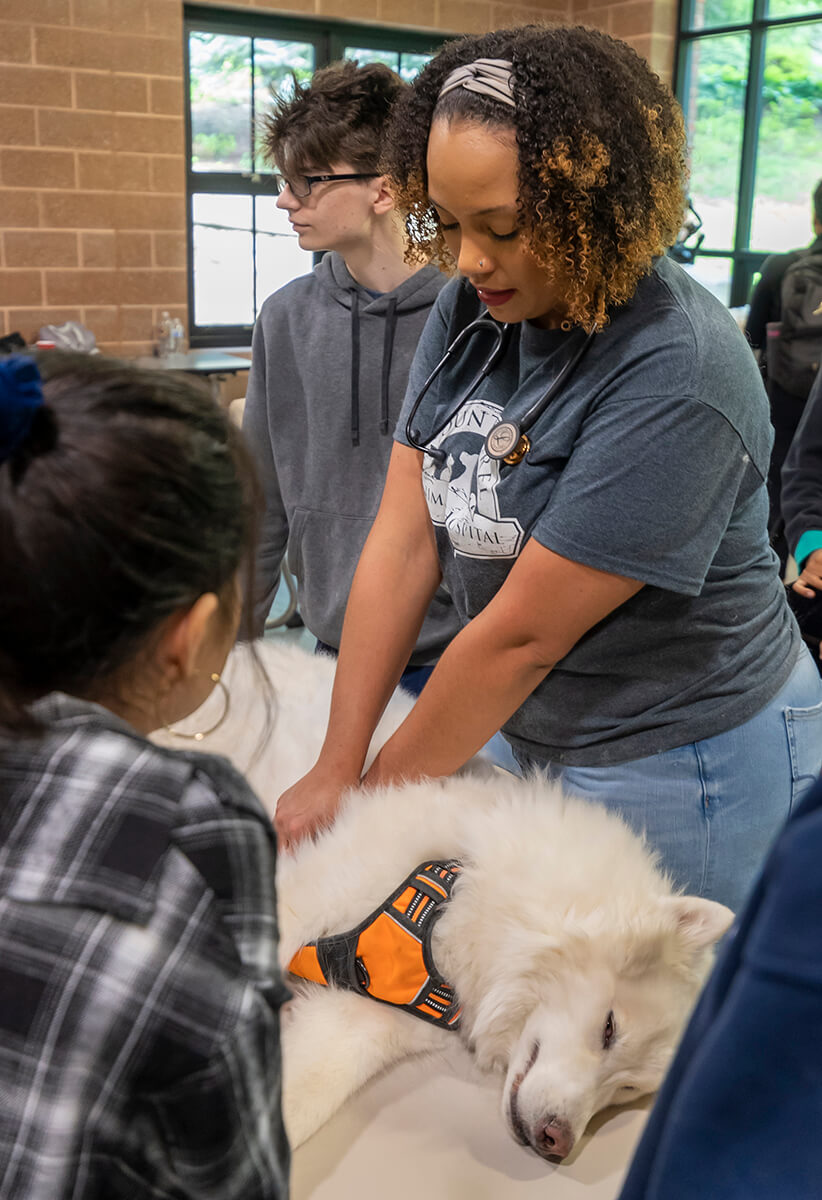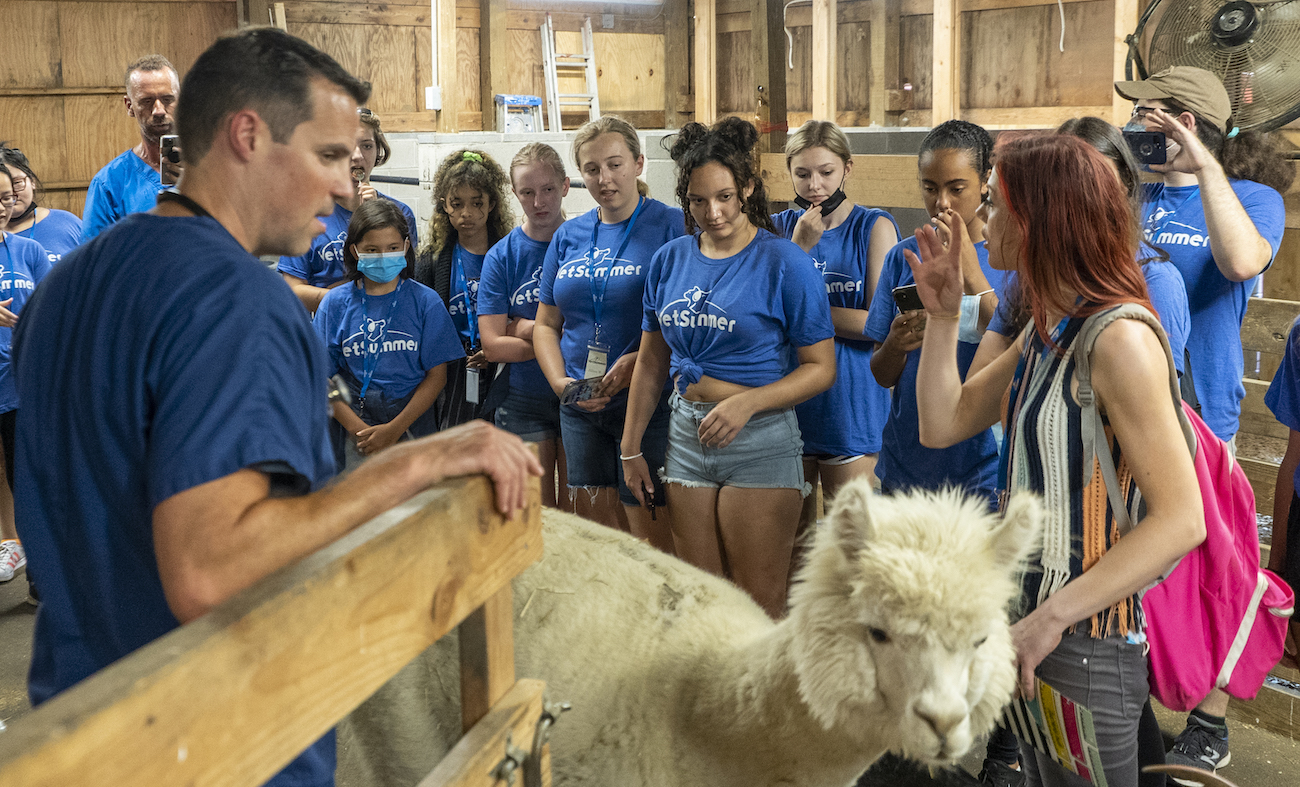Academics:
Our veterinary medicine schools are held on college campuses across the USA
For students ages 12-17 who love animals, have pets, or are even considering a career in veterinary medicine.
Our veterinary medicine schools and summer camp classes introduce students to the world of animal science. We teach you many of the skills used in veterinary medicine. You will learn the science behind the scenes. As a result, our vet camp gives you an advantage when taking medical or life science courses in the future. In our program students learn about the anatomy of large and small animals, animal handling, disease identification/treatment and basic medical care. Our students will address real veterinary situations because in these situations real learning will occur. You will gain an understanding of important topics the same topics covered in veterinary medicine schools or colleges ranging from ethics to management. We meet with professionals in the field, and we work with animals large and small. If you love animals, and think you might want a career in veterinary medicine, are thinking about Veterinary Medicine schools, or simply if you love animals and want to know much more… this course is for you!
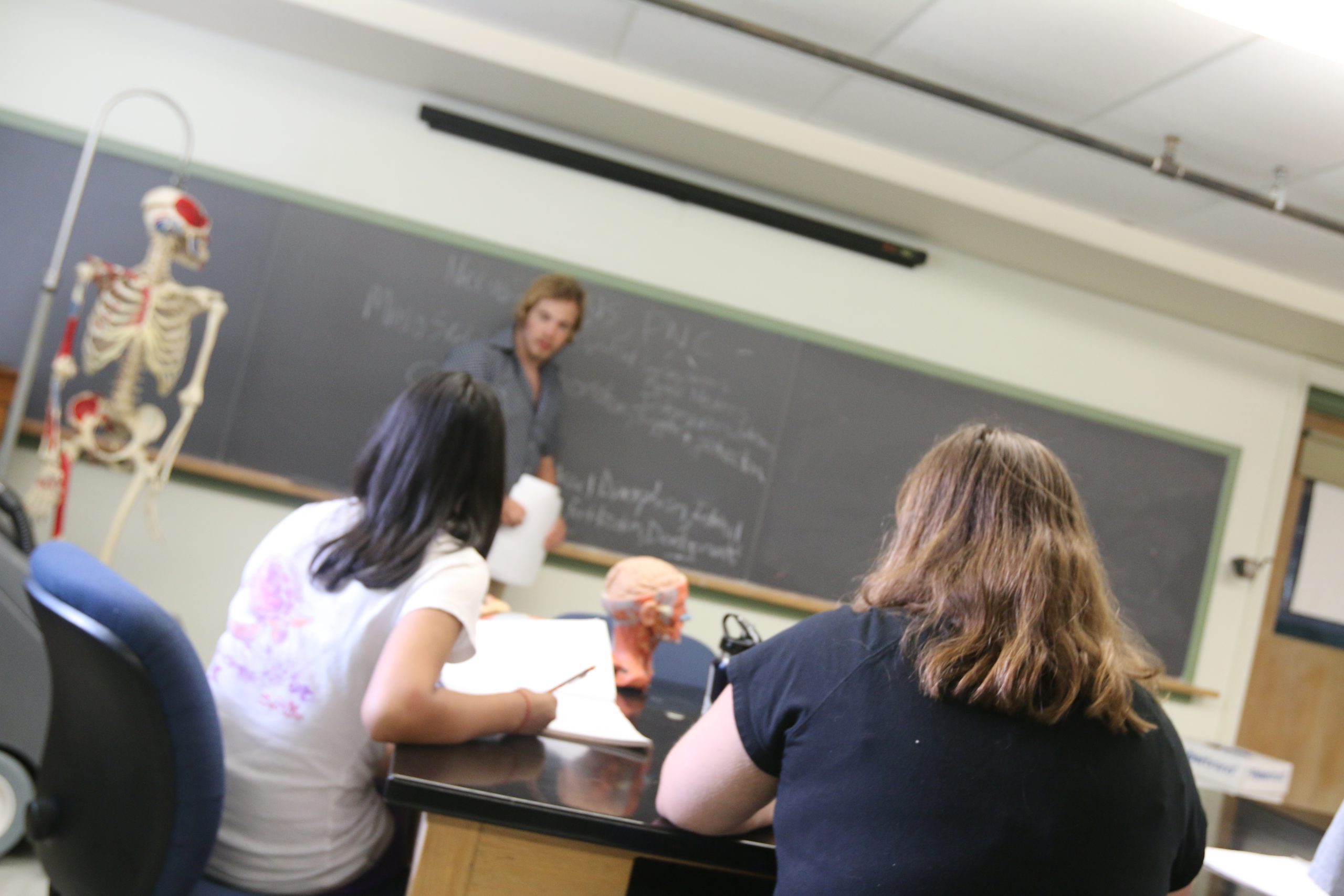
Hands-on learning
Identify Problems / Diseases in dogs and cats
Student favorite: learn to suture!
Animals: Get as close or far as you want
Interact with cows, goats, snakes, turtles, birds, reptiles, dogs, cats, and much much more!
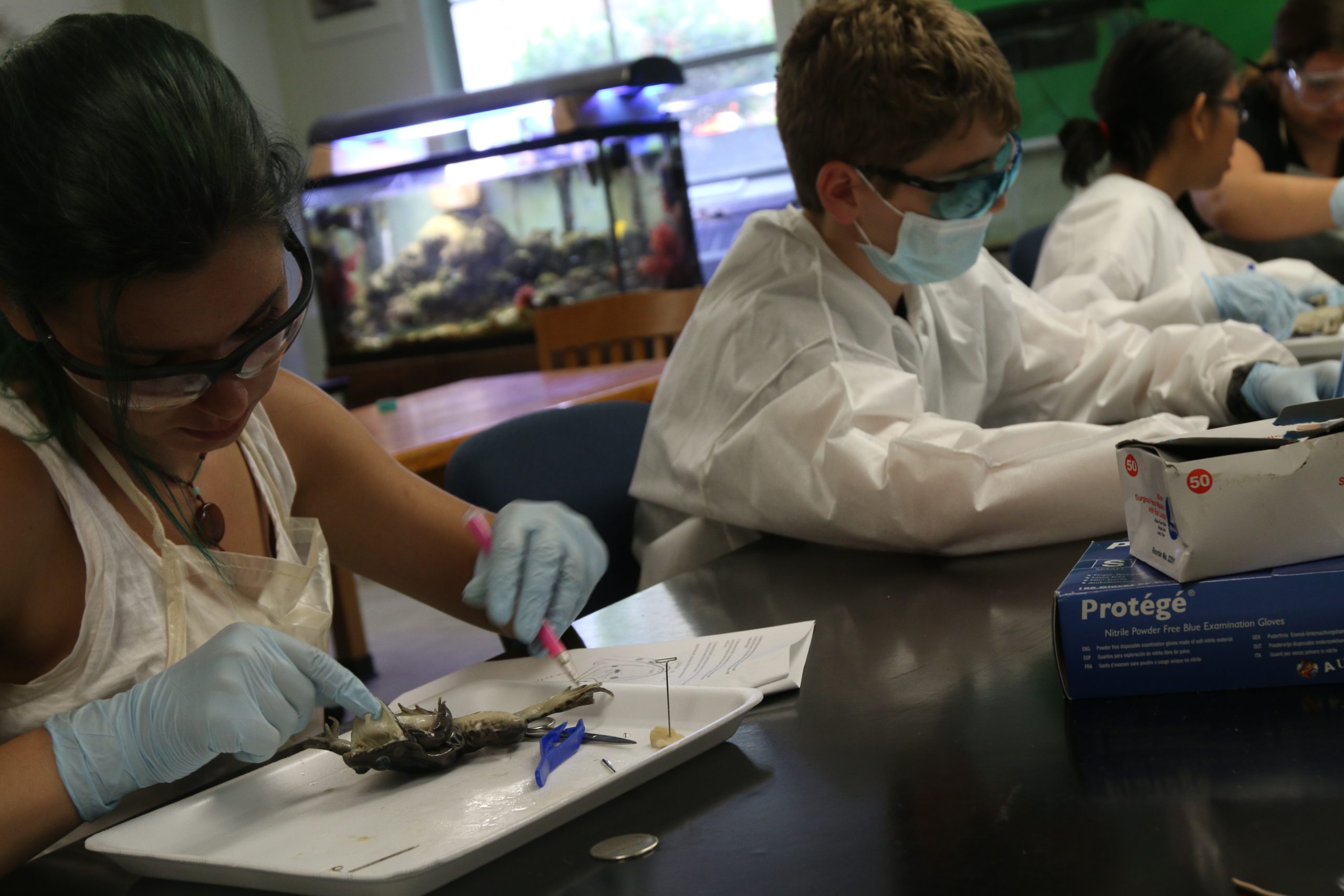
Veterinary medicine schools for animal lovers:
Students will focus on common canine and feline diseases as well as familiarizing themselves with signs of disease, therapeutic treatments, and methods of prevention. Other small animals, such as birds, reptiles, and small quadruped mammals will be studied as well. Students will focus on anatomy, physiology, safety and welfare as well as other important issues and fundamental veterinary medicine concepts.
Then, students will focus on the examination, recognition, treatment and prevention of disease to large animals. This includes but not limited to horses, cattle, goats and other larger animals. Large animal anatomy and physiology will be studied as well as the healing and treatment of wounds, lameness, and dentistry. Our veterinary medicine schools are awesome!
Finally, the class also include study of animal nutrition, physiology, and anatomy. Students will also work on pharmacology, clinical pathology other important issues in modern veterinary medicine.
Our in-class studies are enhanced by by field trips to meet with humans and see them at work, with animals, or by having professionals come visit safely as guest speakers, often bringing animals with them.
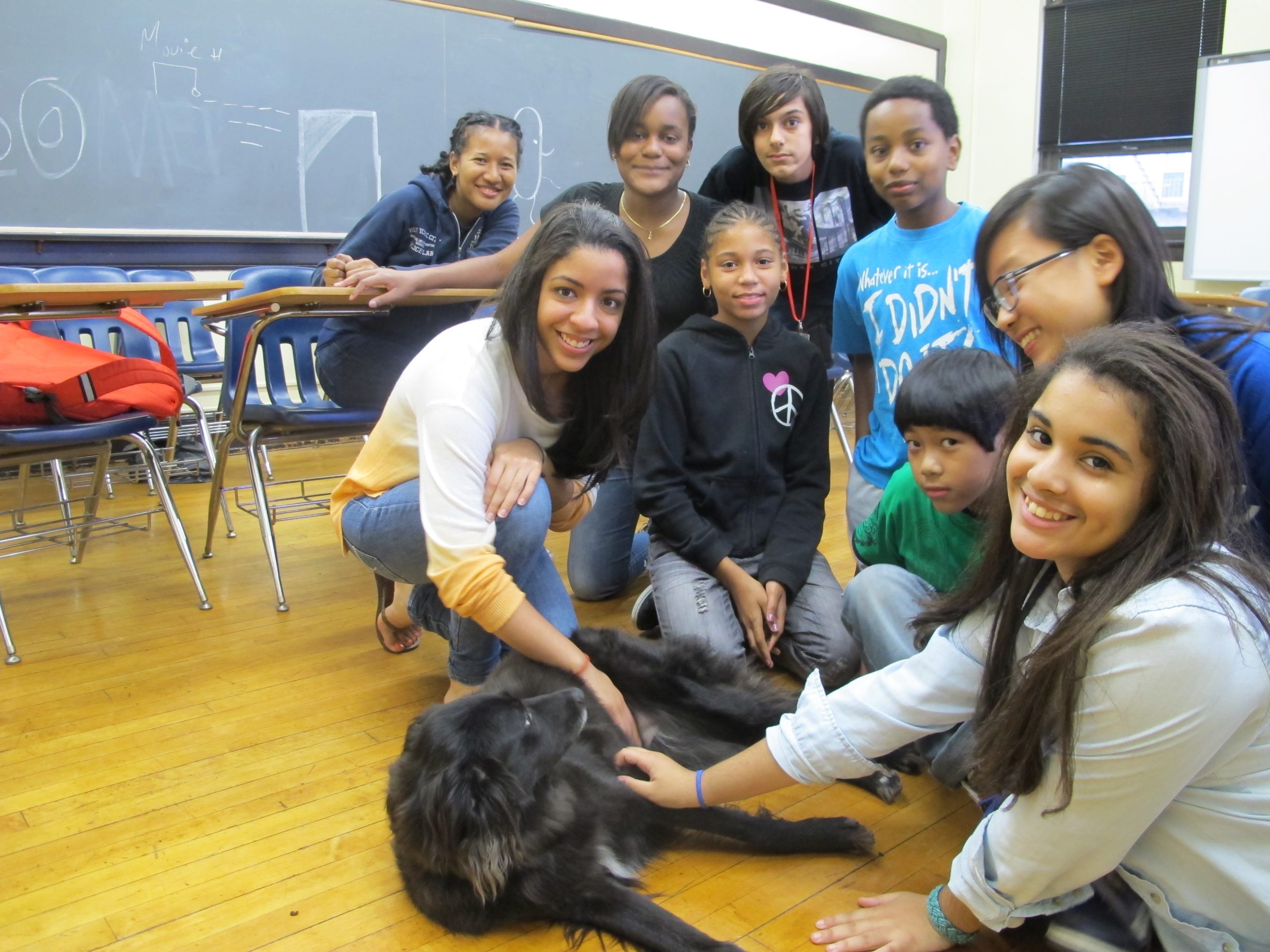

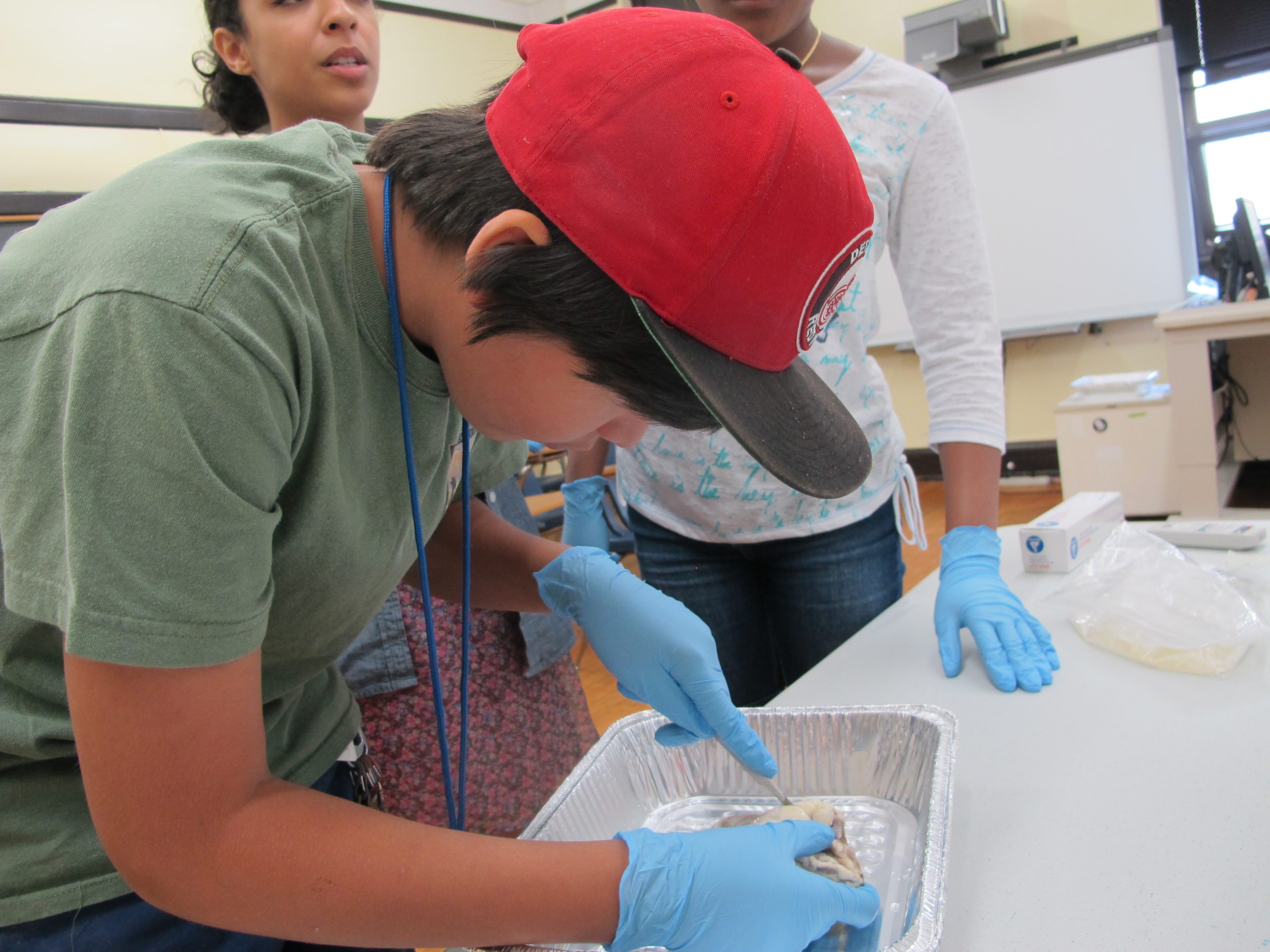
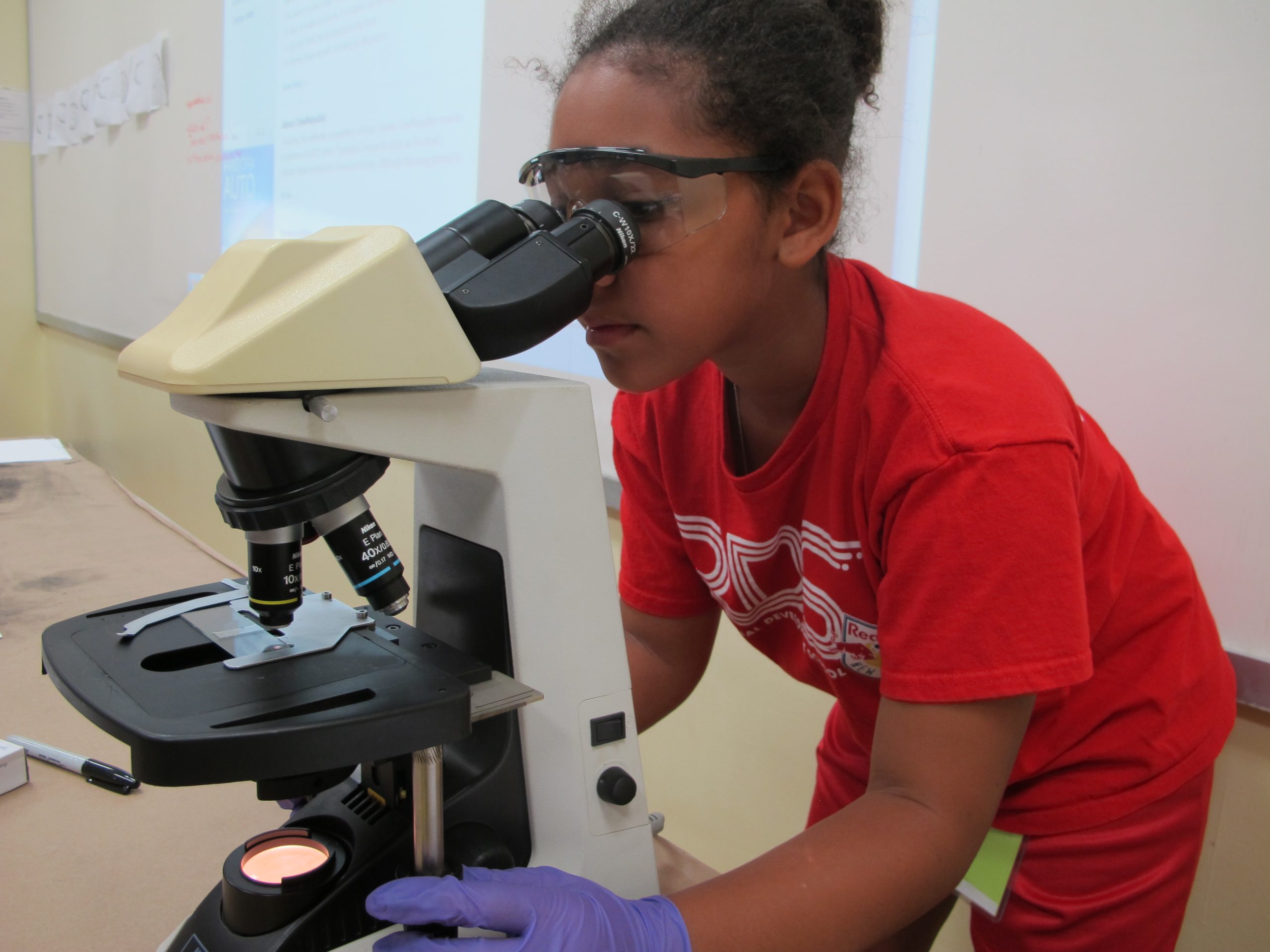
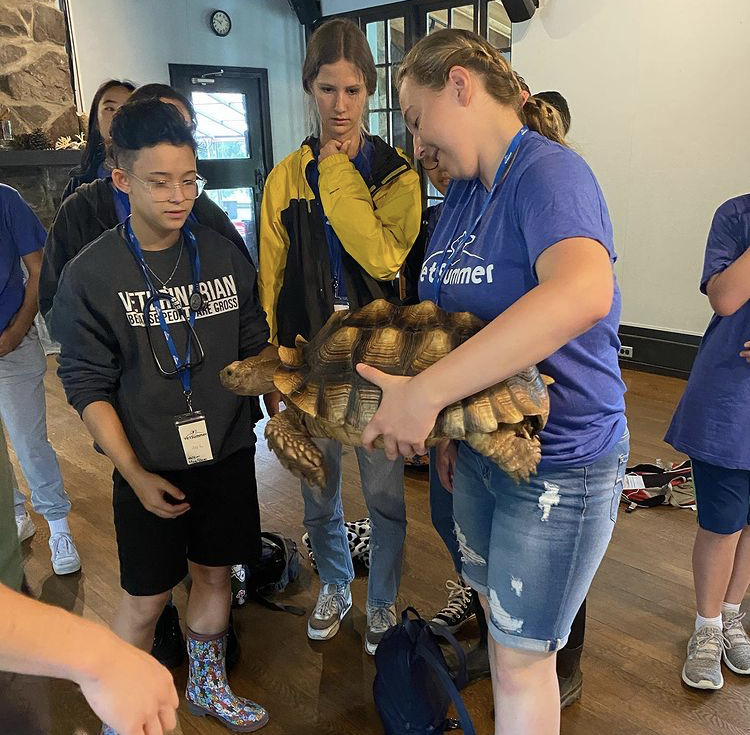
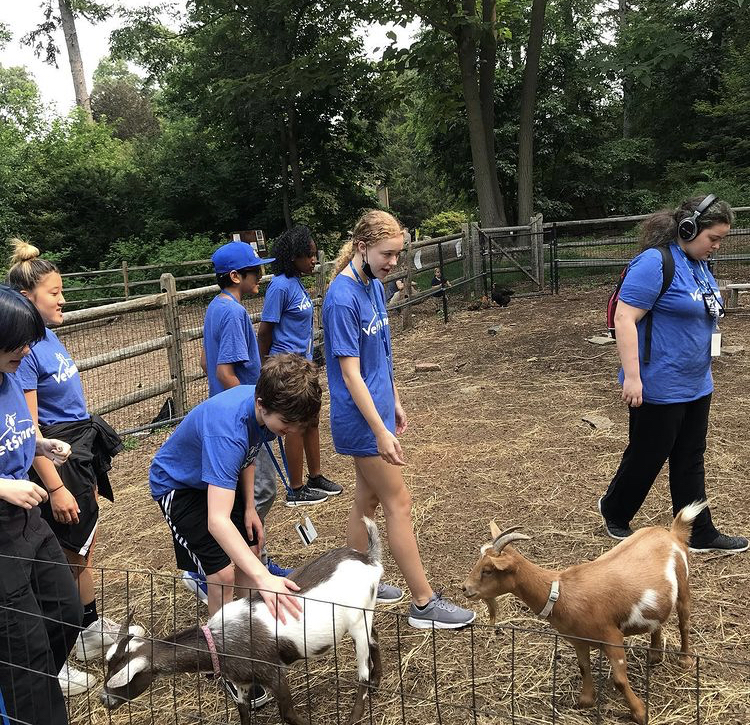
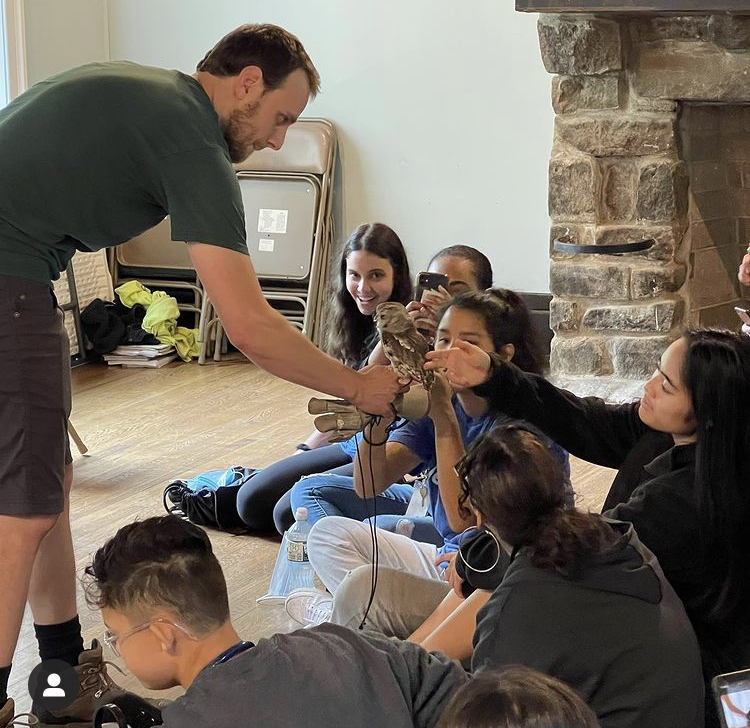
DAILY SCHEDULE
8 – 9am: Breakfast and get to class (day students/commuters arrive 8:45am)
9am – 12p: Class: In-class learning featuring direct hands-on academic modules with no quizzes or tests. (May include speakers and in-class guests, including Q+A and hands-on examination and discussion of anatomy, identification of systems, common diseases, treatments and much more. See field trips for more.)
12p – 1p: Lunch Break
1p – 4p: Class: In-class learning. (May feature off-campus field trips, both offer hands-on learning, feeding and care of many animals, and a visit to a vet hospital to meet and tour, see field trips for more. Last summer, NYC students visited Greenburg Nature Center for example.) Our veterinary medicine schools and classes are awesome.
4p – 5p: Organized outdoor activities, games, or relax. Day students/commuters leave
5p – 6p: Break, enjoy the residence hall, socialize with new friends or continue sports
6p – 7p: Dinner
7p – 10p: Curated events and social activities in residence hall and campus facilities.

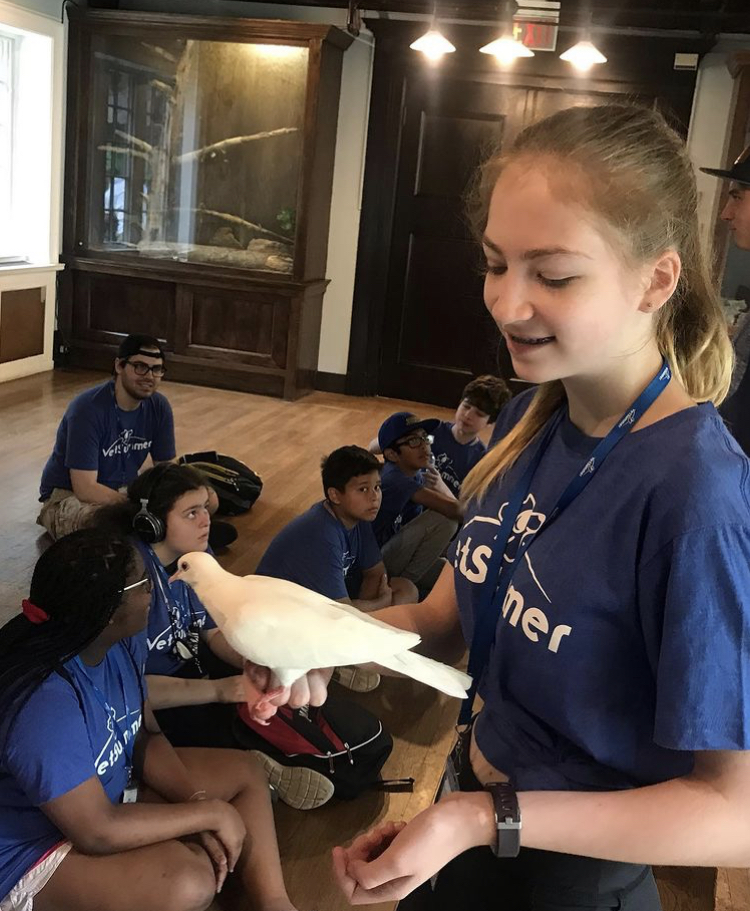
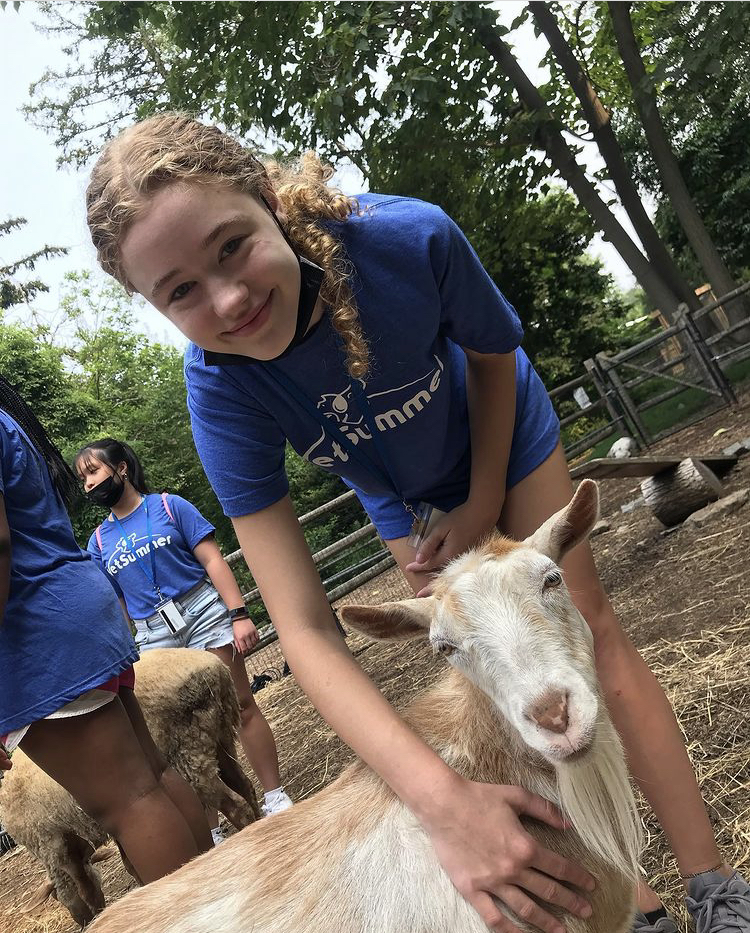

FIELD TRIPS – VETERINARY MEDICINE IN ACTION!
Our in-class studies are augmented by trips into the field to meet with humans who work with animals and to see them in action, working their jobs.



